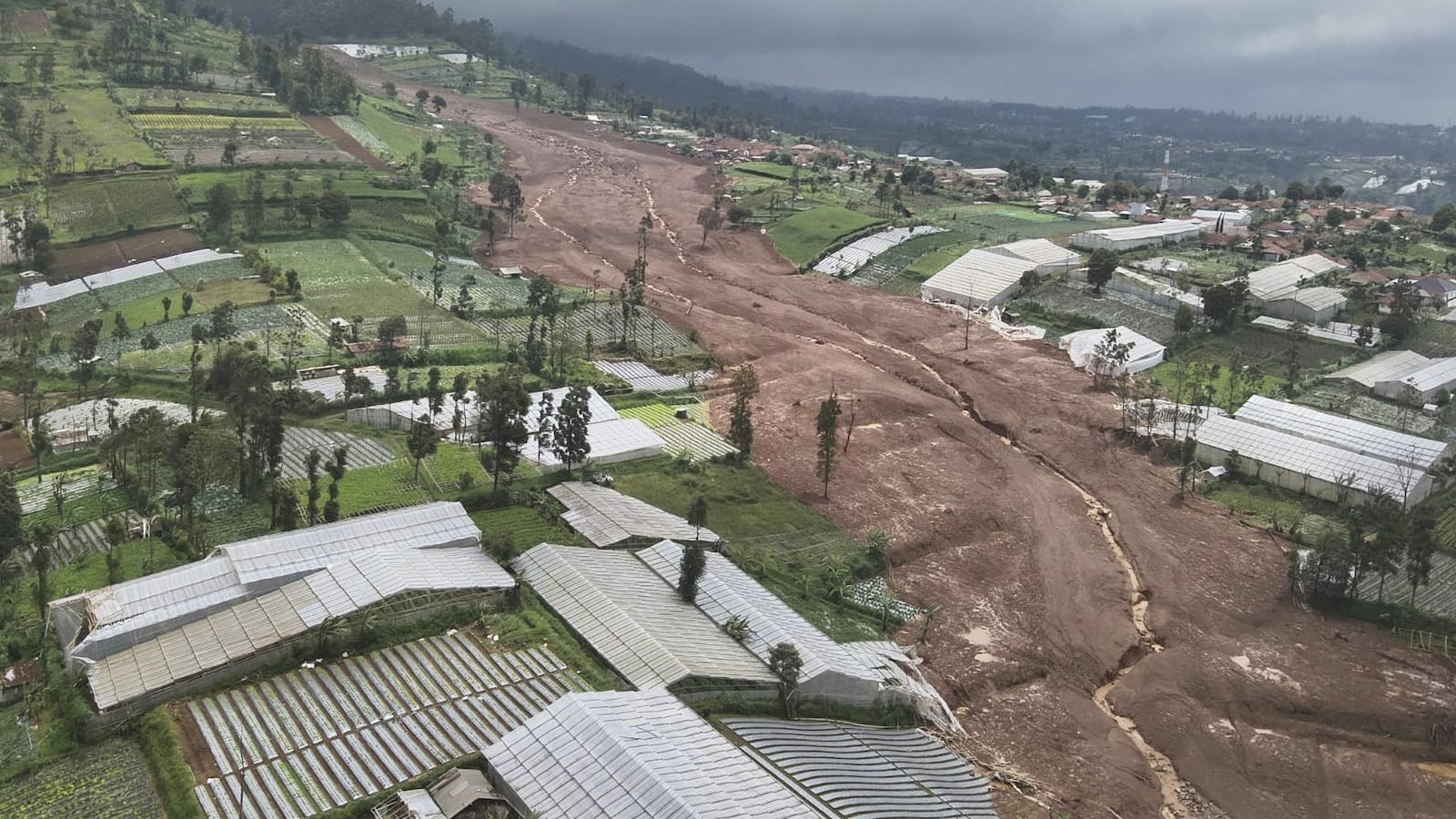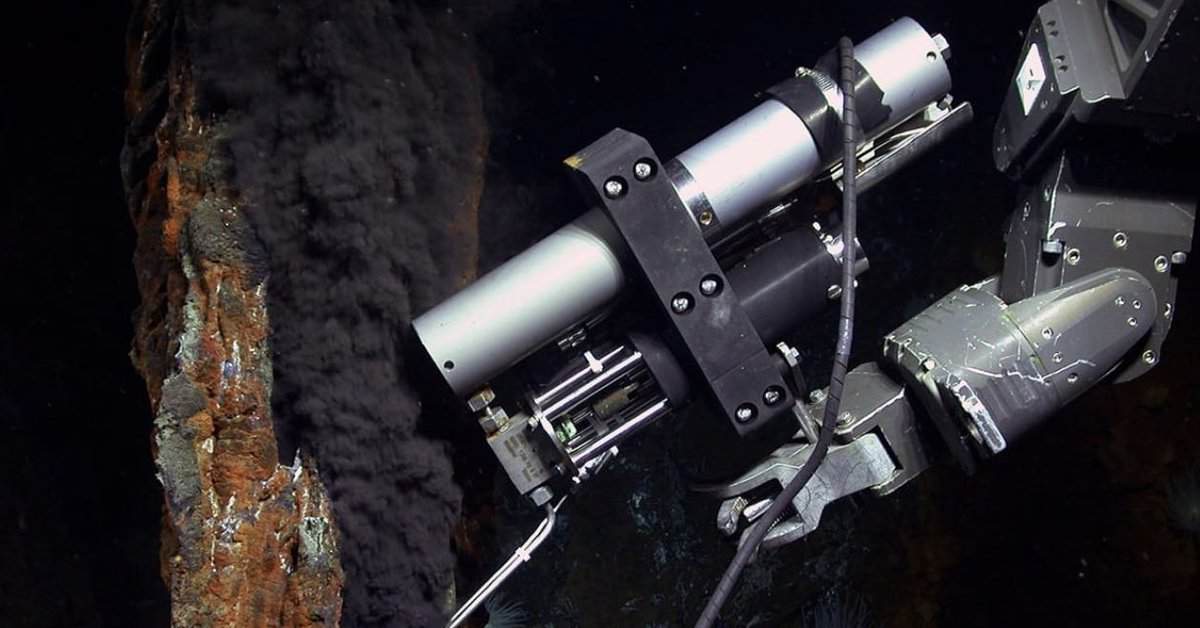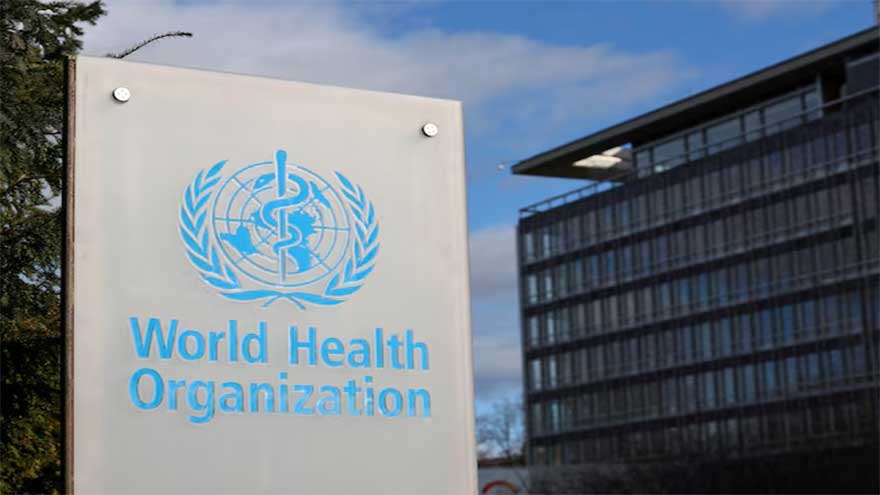Rice University researchers from the lab of James Tour have shown that Thomas Edison’s original 1879 carbon-filament light bulbs possibly included a graphene-forming regime, suggesting that one of history’s most iconic inventions may have…
Author: admin
-

Indonesian rescuers struggle amid search for dozens missing after deadly landslide
BANDUNG, Indonesia — Indonesian rescuers struggled Sunday with mounds of mud, debris and water‑soaked ground, searching for dozens still missing after a landslide triggered by torrential rains the day before on the country’s main island of…
Continue Reading
-
‘I auditioned for a film with Brad Pitt as a child’ – The Irish Times
How agreeable are you?
I’m mostly agreeable. I try to be pragmatic rather than dogmatic, and I’m generally more interested in finding the best outcome than getting my way or winning an argument.
What’s your middle name and what do you think…
Continue Reading
-

Historic US winter storm triggers massive power outages
Summary
- A harsh winter storm moved into the U.S.
- The winter storm was named “Winter Storm Fern.” The winter storm was producing snow, ice, and freezing rain on the eastern two-thirds of the country.
- Looming with power cuts, travels, and freezing…
Continue Reading
-

Jupiter’s Moon Europa May Still Hold Keys For Life, Especially Her Seafloor
A new project has shown that Jupiter’s moon Europa may hold the key to life in its oceans.
The research team is led by Washington University with participation from the Woods Hole Oceanographic Institution (WHOI).
Europa has an enormous amount…
Continue Reading
-

Microsoft secretly working FREE updates for Windows 11
Microsoft is planning a slew of new features for Windows 11 over the coming months. With the decision to cull support for Windows 10 at the end of last year, the Redmond-based firm only has a single desktop operating system to focus on. As usual,…
Continue Reading
-
Defiance as a profession: Pakistan's jailed lawyer Imaan Mazari – France 24
- Defiance as a profession: Pakistan’s jailed lawyer Imaan Mazari France 24
- Day after dramatic arrest, Imaan and Hadi handed jail sentence in controversial social media posts case Dawn
- Pakistani human rights lawyers jailed for 17 years over social…
Continue Reading
-

World Health Organisation says it regrets US decision to withdraw
(Reuters) – The World Health Organisation (WHO) said it regrets that the US has officially withdrawn from the UN health agency and it hopes Washington returns to active participation in the future.
The US left the…
Continue Reading
-

‘I’ve been called a pr**k every day for 20 years by a stranger. It chips away’ – The Irish Times
Blindboy Boatclub is sequestered in his podcast studio in Limerick, plastic bag on his head, eyes visible through the gaps, black hoodie on, smig on show – “as you get older a bit of stubble is always a good idea” – and ready to answer…
Continue Reading
-

Men’s Track Competes at Scarlet and White Invite – sjuhawks.com
- Men’s Track Competes at Scarlet and White Invite sjuhawks.com
- Ryker Brown finishes top 3 in Weight Throw and Shot Put, Maine battles in Scarlet and White Invite University of Maine Athletics
- Eagles Run Strongly at Scarlet & White Invitational
Continue Reading